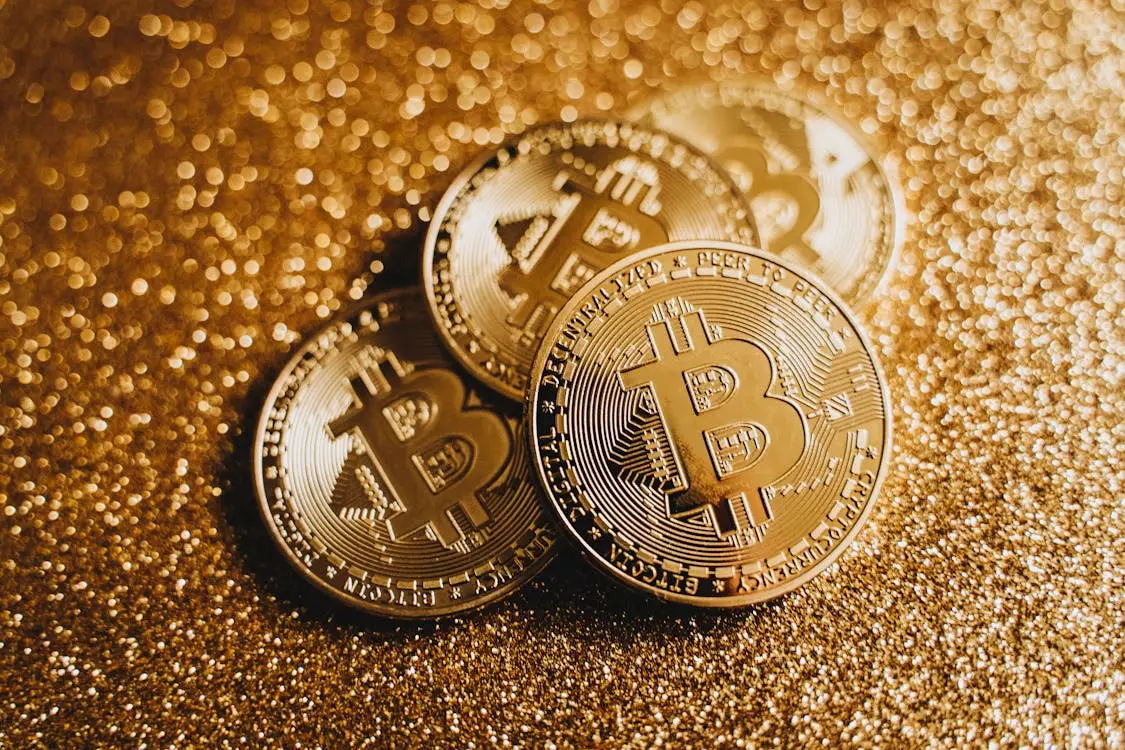In recent years, Bitcoin has rapidly ascended from the fringes of financial innovation to center stage in discussions about the future of money. Matthew Sigel, the Head of Digital Assets Research at VanEck, has made waves with his assertion that Bitcoin could emerge as a global monetary standard akin to gold. This assertion is notably timely, arriving amid ongoing debates surrounding the establishment of a U.S. Strategic Bitcoin Reserve. It prompts us to reconsider the traditional notions of currency and value in a world increasingly inclined towards digital assets.
Historically, gold has served as a cornerstone of wealth and economic stability. Countries amassed gold reserves to bolster their economies and safeguard against inflation. Sigel’s argument parallels this notion, suggesting that if the U.S. were to create a crypto reserve composed of approximately one million bitcoins, it could cement Bitcoin’s status as a currency of the digital age. This analogy is not merely theoretical; it mirrors historical instances where nations accumulated gold as a tactical economic strategy. The concept of a ‘Digital Standard’ can potentially reshape how we view money in a globalized economy.
The comparison of Bitcoin to gold is particularly resonant in today’s climate, where more governments entertain the idea of digital currencies. Gold is typically lauded for its role as a safe haven asset, respected for its stability through historical upheavals. However, Bitcoin introduces advantages that traditional assets lack. Its inherent digital nature allows for instant transfers and enhances portability—features that gold cannot replicate. Where gold may labor under the weight of physicality, Bitcoin thrives in a digital ecosystem, offering promises of security against physical theft and efficient cross-border transactions.
Moreover, the finite supply of Bitcoin, capped at 21 million coins, introduces an allure that goes beyond gold’s physical mining processes. For individuals and nations wrestling with the repercussions of inflation and economic instability, Bitcoin’s planned scarcity positions it as an appealing alternative. It signifies an evolution in asset management, aligning with modern concerns about monetary policy and economic resilience.
The international response to Bitcoin has been varied. Nations like El Salvador have embraced the cryptocurrency, declaring it legal tender, while others deliberate on similar initiatives. This adaptation signals a growing interest in alternative monetary systems and propels Bitcoin into mainstream financial discussions. However, doubts linger. Economists express skepticism regarding Bitcoin’s volatility and its reliability as a stable medium of exchange. While Bitcoin presents novel benefits in terms of decentralization and reduced government interference, its dramatic price fluctuations continue to raise questions around its practicality for everyday transactions.
Moreover, the divergence between Bitcoin and other asset classes underscores a crucial point for investors and policymakers: the characteristics that make Bitcoin attractive for some may also render it a risky proposition for others. This juxtaposition necessitates a thorough understanding of the evolving landscape of digital currencies and their implications for both national and global economies.
Matthew Sigel’s perspective embodies an emerging trend of enthusiasm for Bitcoin’s potential to redefine monetary systems worldwide. As discussions about Bitcoin’s place in the future of finance progress, both supporters and skeptics alike will keenly observe its trajectory. The question of whether Bitcoin will find its footing alongside gold as a recognized standard of value in a digitized economy remains a pivotal point for dialogue.
Ultimately, the progress of Bitcoin could hinge on the interaction between it and traditional assets like gold. If Bitcoin can navigate the challenges posed by its volatility and establish itself as a viable alternative to traditional currencies, it might carve out a significant legacy in the financial arena. The unfolding narrative of Bitcoin and its potential to revolutionize the landscape of global finance is not just a story about a currency but an exploration of the future of monetary value itself.
















Leave a Reply